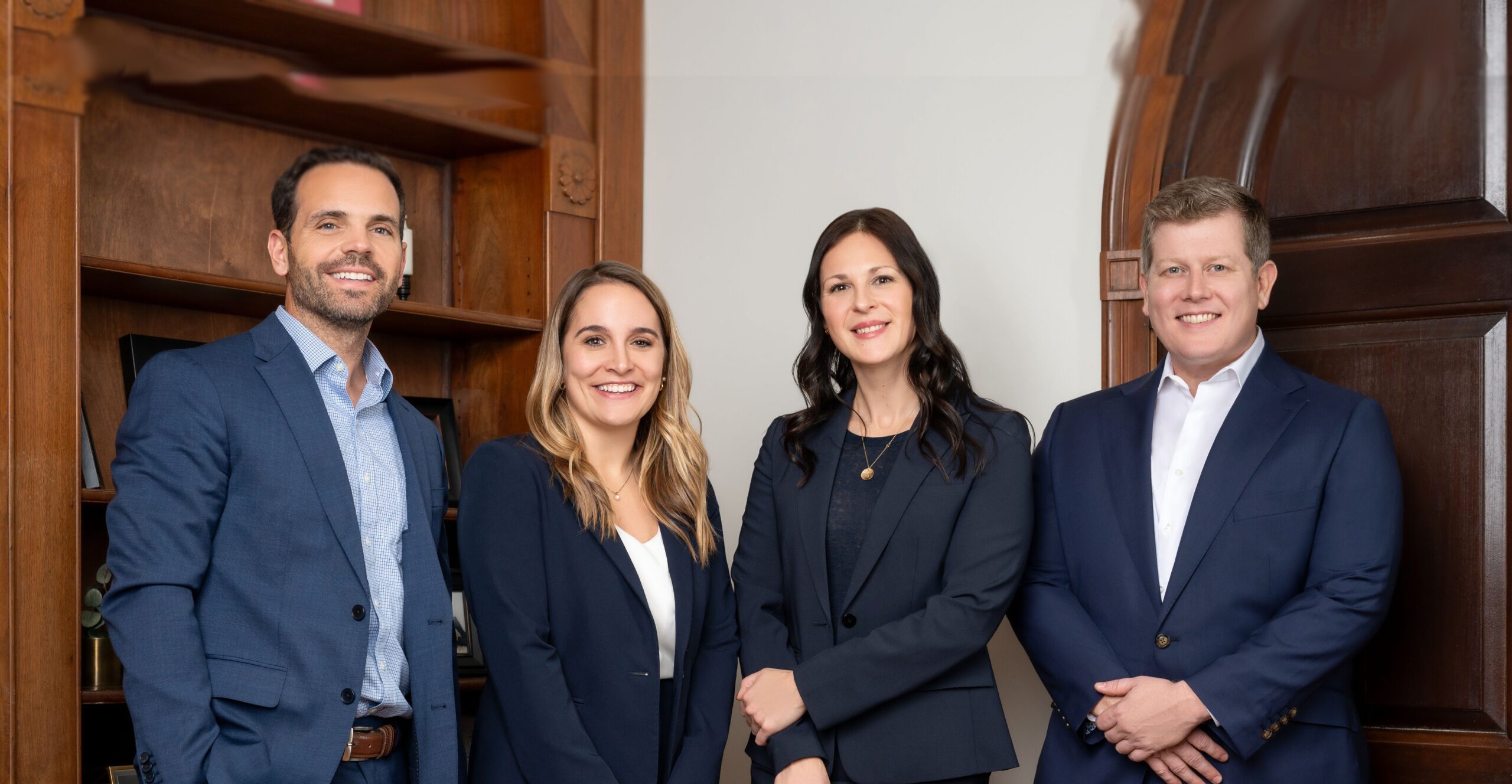How Can Maryland Victims of Abuse Seek Restitution?
Experiencing sexual abuse can have a multitude of negative impacts on your life, from your mental health to your personal relationships. Although seeking compensation or restitution cannot undo the harm inflicted upon you by your abuser, it is one way to hold the parties liable for what happened. Unfortunately, most abusers do not have the personal assets to pay compensation to victims, while others may have passed away since the abuse happened. However, if the abuse occurred in a setting like a school, church, or nursing home, the survivor may be able to recover damages from the institution or its leaders for their negligence in failing to prevent the abuse. A Maryland sexual abuse lawyer can help you explore your options for recovering damages and provide knowledgeable legal counsel.
Is Restitution Possible as Part of a Criminal Sexual Abuse Case?
Under Maryland law, courts can order criminal restitution as part of the sentencing of a perpetrator if requested by the victim or the State Attorney’s office. The Maryland Code of Criminal Procedure Section 11-603 outlines the conditions under which a court may order restitution, emphasizing that it can be ordered in addition to penalties like imprisonment or fines. This type of restitution can cover various costs incurred by the victim as a direct result of the crime, such as medical expenses, counseling, lost earnings, and other out-of-pocket expenses.
Criminal restitution can be paid directly to the victim or to third-party payors, such as insurers, who may have already paid for the victim’s bills or provided them compensation. Restitution payments to the victim take priority over any other payments the convicted individual or institution has been ordered to make. The law does not set a minimum or maximum amount for criminal restitution because it is based on the expenses the victim incurred due to the crime.
How Can a Civil Lawsuit Allow Victims to Recover Compensation?
Criminal restitution only applies in cases where a perpetrator has been convicted of criminal charges, and the restitution only covers certain economic damages. For many victims, this is not sufficient compensation for the harm they suffered. Additionally, obtaining a conviction may not always be possible due to the high burden of proof required. While the actions of an organization or the people within it may have allowed the abuse to occur, typically, only the perpetrator will be charged with a crime. Even when the perpetrator is ordered to pay restitution, they may not have the financial means to do so.
A civil lawsuit can allow a survivor of sexual abuse or their close family members to seek damages from the person who harmed them, as well as institutions or prominent figures that may have enabled or failed to prevent the abuse. Civil cases can be filed in conjunction with criminal cases or on their own, and the outcome is not dependent on the result of a criminal trial. Victims may recover both economic and non-economic damages, including:
- Current and future medical expenses
- Counseling and therapy costs
- Lost wages
- Loss of earning capacity if the abuse caused disability
- Pain and suffering
- Mental anguish
The court may also choose to award punitive damages to punish the defendant for grossly negligent or egregious behavior. These damages are awarded in addition to the compensation sought by the victim and serve as a deterrent against similar future behaviors by the defendant or others. While punitive damages are uncommon, the court may find them appropriate if an institution has a history of allowing or covering up heinous acts of abuse by its members and negligently endangering the individuals they were tasked to protect.
What Impact Has the Child Victims Act of 2023 Had on Maryland Survivors’ Legal Rights?
Prior to the ratification of the Child Victims Act of 2023, survivors of childhood sexual abuse in Maryland only had until their 38th birthday to file a civil claim. Now, there is no longer a statute of limitations on these claims, allowing victims of these traumatizing crimes to seek justice in civil court, no matter when the abuse occurred. This Act empowers victims to speak up and hold the perpetrators and enablers of childhood sexual abuse responsible for their actions. The law also raises the caps on damages that can be sought by victims from institutions. The cap is now $890,000 per incident of abuse for public entities, like government organizations and public schools, and $1.5 million for private entities, such as private academies and schools.
Are There Time Limits for Filing Adult Sexual Abuse Claims?
If you have suffered any type of sexual abuse as an adult, taking prompt action can be vital to protecting your legal rights. Survivors who were age 18 or older when the incident occurred typically have three years from the date of the abuse to file their claim. Seeking a medical evaluation to document any injuries and reporting the abuse to the proper authorities and organizations as soon as possible can help bolster your case. However, it can often be stressful or re-traumatizing for victims to take these actions. If you are uncertain of what to do next, a compassionate sexual abuse lawyer can provide confidential guidance and support throughout the entire legal process.
Why Consult With an Experienced Attorney?
Recovering damages from institutions or prominent figures can help abuse survivors gain a sense of justice and closure for their cases. Compensation provides financial stability and the means to obtain medical care, therapy, and other vital services. Our skilled attorneys at Andreozzi + Foote have dedicated their practice to advocating for the rights of sexual abuse victims and understand the sensitivity required to handle these types of claims. Our firm can evaluate your case and help you determine the best way forward. Reach out to us today online or by calling 866-311-8640 to schedule a free, no-obligation consultation.


 e-Mail Us Now
e-Mail Us Now




